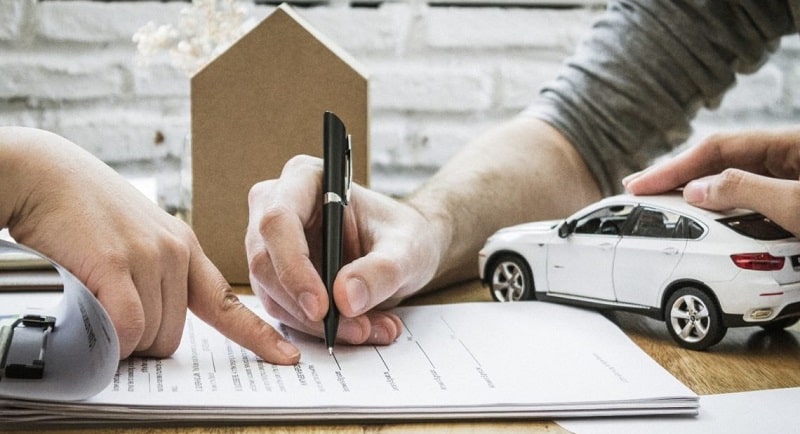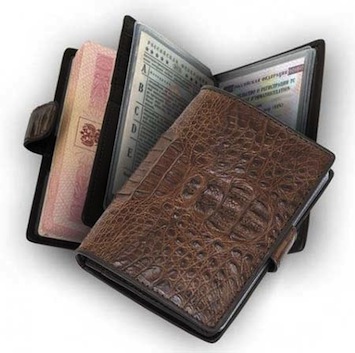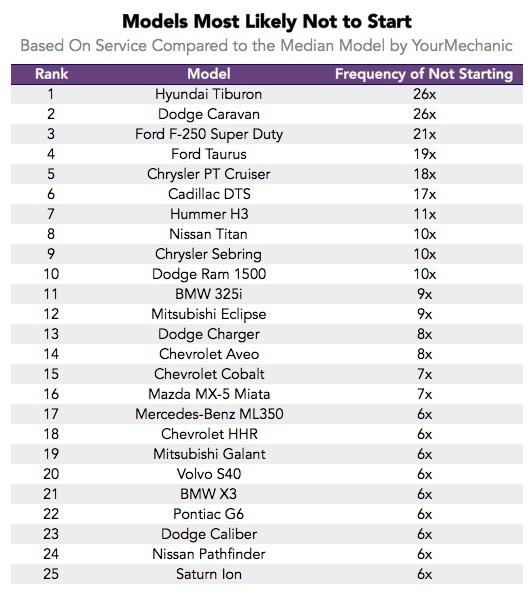
Checking car documents upon purchase
Regardless of which car you buy - used or new, all documentation must be very carefully checked and verified with the body number, VIN code, unit numbers with those included in the sales contract, TCP, diagnostic card, STS.

The main document for the car is the PTS, it contains the VIN code, body and engine numbers, model, color, engine size. When buying a used car, you need to carefully compare the data in the TCP and on special plates - nameplates, which can be located in different places of the car (usually under the hood). In some car brands, the VIN code can be applied in several places - under the hood, on the frame, under the seats. All these numbers must be identical to each other.
By PTS you can find out the entire history of the car. Particular attention should be paid to the PTS of cars imported from abroad. In the column "Customs restrictions" there should be a mark "Not established". This means that the car has passed all customs formalities and you will not have to pay customs fees later. The country of export is also indicated in the TCP. It is desirable that a customs receipt order be attached to the imported car.
Also, the PTS must contain all the data of the owner - address of residence, full name. Check them against his passport. If the data do not match, then he is obliged to present a document on the basis of which the car is in his ownership - a general power of attorney. In this case, you need to be extremely careful, because in this way you can make a lot of problems. In general, it is recommended to buy cars under general powers of attorney only if you fully trust the seller.

You also need to be very careful if the former owner shows you a duplicate of the title. A duplicate is issued in a variety of cases:
- loss of a passport;
- damage to the document;
- car loan or mortgage.
Some scammers specifically make a duplicate of the title, keeping the original, and after a while, when an inexperienced buyer uses the car to the fullest, they claim their rights to it or simply steal it. It will be difficult to prove anything in this case.
To avoid any problems in the future, you can give simple tips:
- buy a car only through a sales contract, draw it up by a notary;
- make out the fact of transferring money through a receipt;
- check the history of the car by VIN-code and registration numbers through the database of the traffic police;
- be sure to check the VIN codes, unit and body numbers.
Loading…
